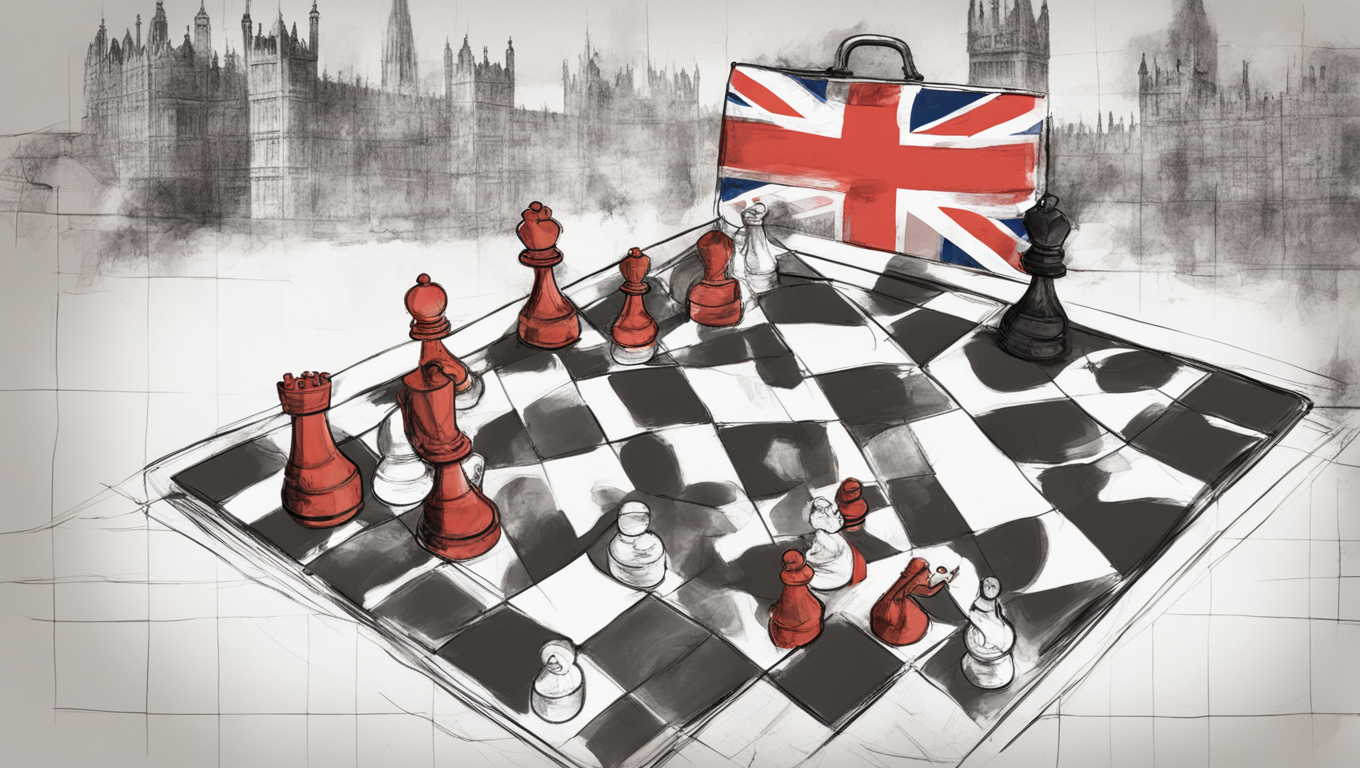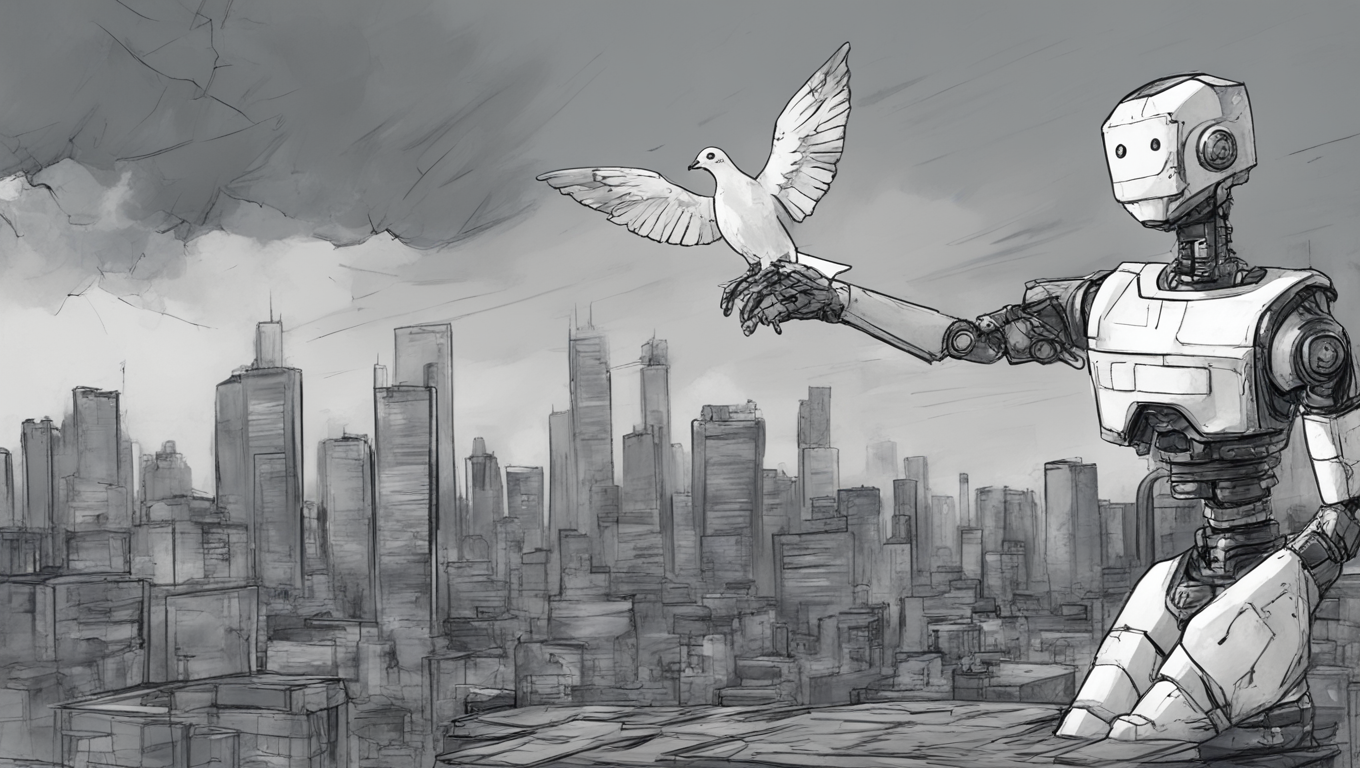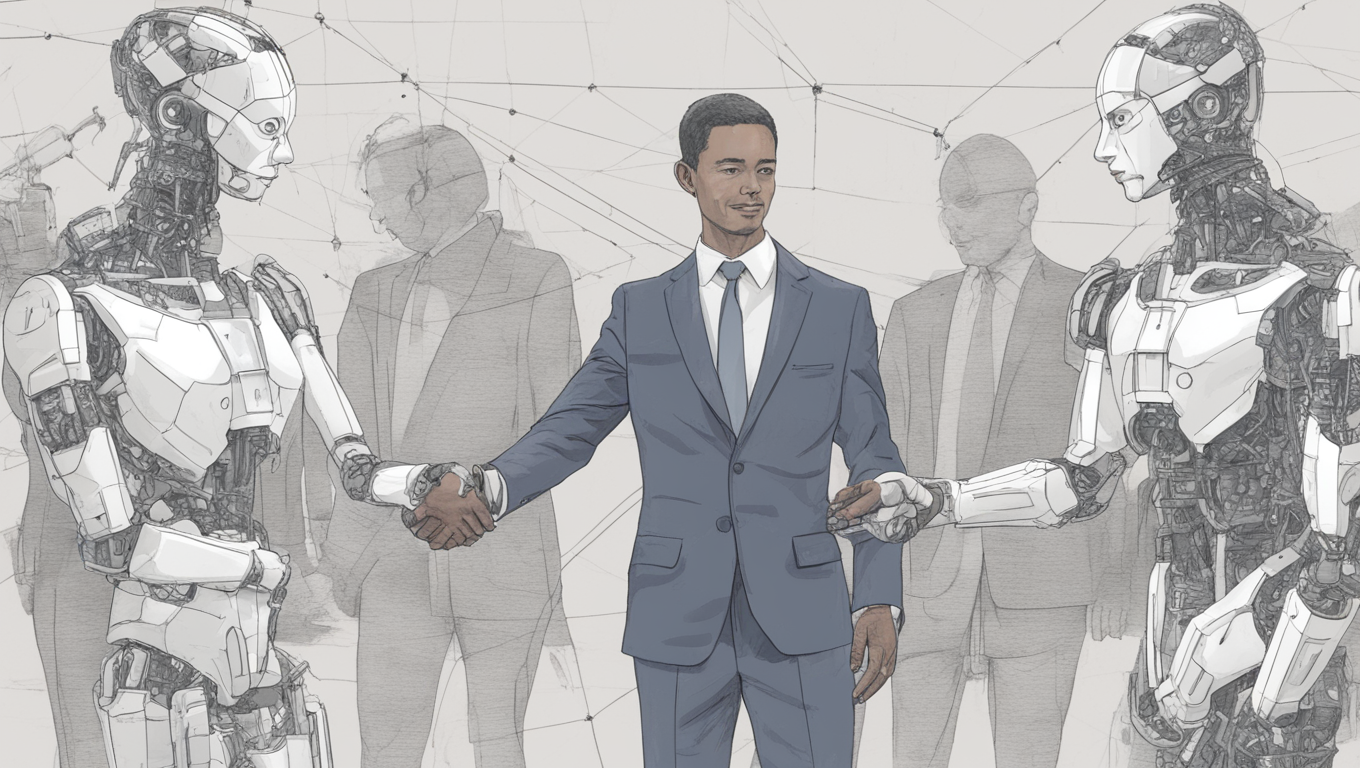Imagine a world where the very foundation of public services is transformed through the magic of artificial intelligence (AI). That’s a chapter yet unwritten, but it represents the crux of Jeremy Hunt’s audacious economic roadmap for the United Kingdom, one that galvanizes both intrigue and controversy at the cusp of a grand political assembly.
As the Conservative Party poised itself to convene in the vibrant city of Manchester, echoes of fiscal reform resonated through the corridors of power. Hunt, in an exclusive interview with The Times, elucidated his vision to break free from the “vicious circle of ever-rising taxes,” a sentiment reverberating through an electorate pressured by household budget constraints.
“We’re talking about the biggest transformation of public services in our lifetimes,” Mr. Hunt said, his words painting a future where AI becomes the bedrock of elevated teaching, advanced policing, and healthcare revolutionized by technology’s precise touch. It’s a bold narrative, defying the traditionalist view, yet it’s underscored by the urgency of a nation’s need to streamline its fiscal architecture.
In the backdrop of this looming discourse, the Tories find themselves at a historic tax juncture. The Institute for Fiscal Studies denotes an unprecedented tax hike unseen since the Second World War—roughly a £3,500 augmentation per household. Liz Truss, the Prime Minister’s brisk precursor, is poised to make her stand against such taxation, having witnessed the aftermath of her own fiscal approach—a mini-budget that once sent shockwaves through the economy, unsettling markets, and escalating mortgage rates.
“Especially when there’s so much pressure on family budgets,” Ms. Truss tweeted, encapsulating the public sentiment that high taxes are synonymous with a stagnating economy. It’s an axiom that echoes the conservative ethos of diminishing governmental encroachment on personal finances, an ideology now championed by 33 Tory MPs, including Truss herself, as a bulwark against potential tax increments postulated by Hunt’s autumn statement.
Yet, fiscal promises remain elusive as Hunt concedes the challenges confronting him. “We’re not in a position to talk about tax cuts at all,” he remarked, setting the stage for what many anticipate to be a meticulous ballet of governance and economics. His tactics appear to pivot around creating a “more productive state, not a bigger state,” with the incisive recognition of an ageing population placing ever-growing demands on public services.
But what does this mean for the ordinary citizen? Can AI in tandem with welfare reforms genuinely lead to a fairer and more efficient state mechanism? Hunt believes so, drawing attention to a welfare system that he perceives as malfunctioning, evidenced by the flow of people transitioning from work to benefits without commensurate employment-seeking efforts—potentially a hundred thousand each year. His is a vision of equilibrium, leveraging technology to both empower and obligate, to foster an environment where the carrot beckons just as persuasively as the stick commands.
It’s worth noting that amidst this transformative discourse, the UK economy presents a glint of resilience, with recent growth figures outpacing initial estimates and situating the British economy ahead of competitors like Germany and France. The revised gross domestic product (GDP) growth of 0.3% for the first quarter, in a subtle twist of economic fate, hints at an underlying vitality, possibly lending credence to the viability of Hunt’s envisaged future.
As the Tories congregate, with the clamor for tax cuts a rumbling undercurrent, Hunt’s narrative unfolds akin to a compelling saga. It’s a concocted blend of lofty aspirations and practical quandaries, a futuristic excursion where AI champions the public domain. Whether this becomes the harbinger of a renewed fiscal destiny or a chapter fraught with skepticism, only time, wrapped in the empirical robes of economic outcome, will tell.





Use the share button below if you liked it.